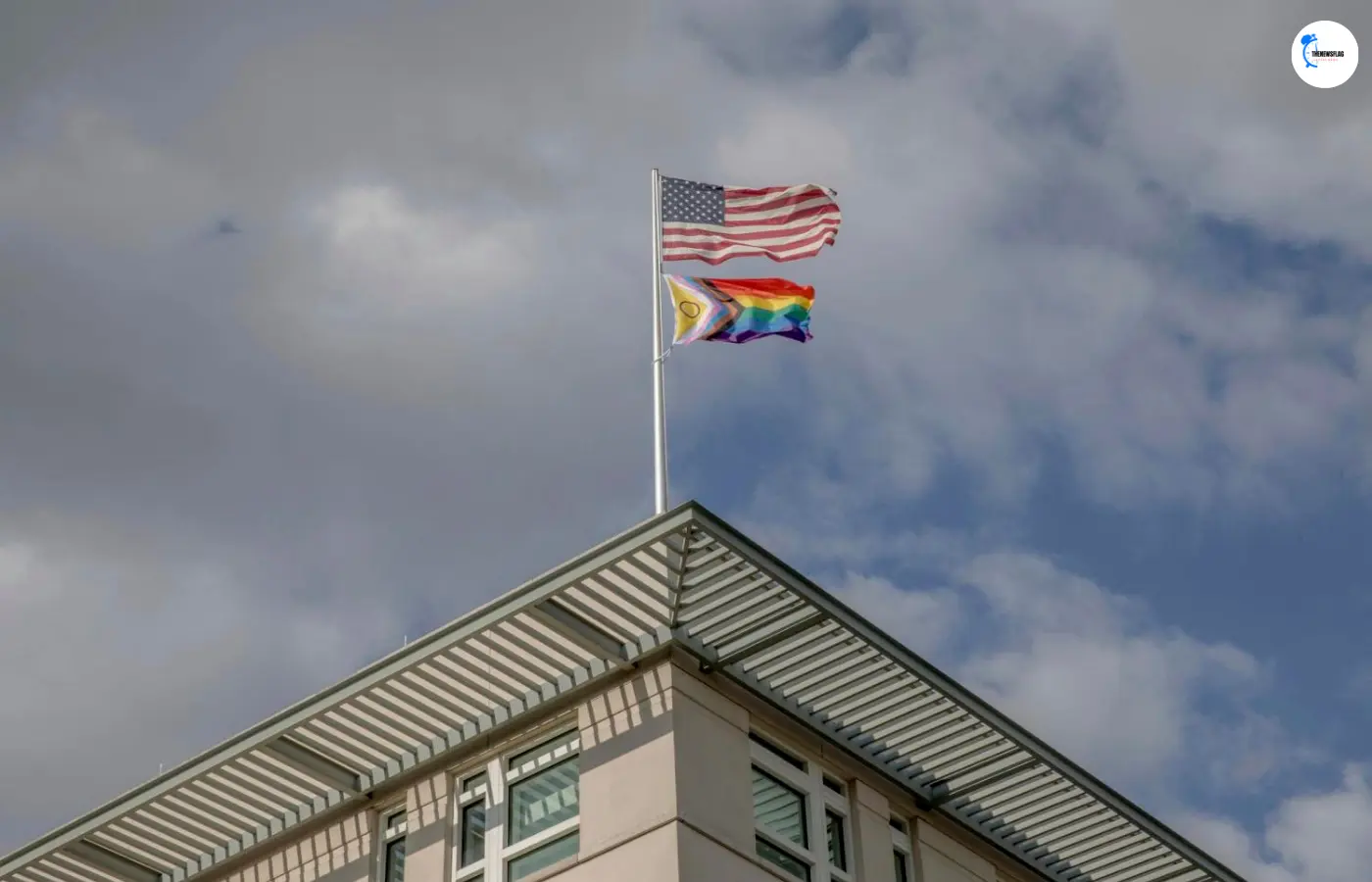Government shutdowns in the United States: A partial government shutdown appears to have been averted as the Senate reached an agreement on a funding package ahead of a midnight deadline. Earlier Friday, the House approved the bill by a vote of 286-134, with 112 Republicans and 22 Democrats voting against it.
See Also | PM of Italy Giorgia Meloni Demands Damages of More Than $100,000 over Deepfake Videos
Government shutdowns in the United States
The Senate has reached a last-minute agreement to vote on the government funding package tonight, and avert a shutdown, after an hours-long standoff over amendment votes.
Republicans were demanding votes on controversial amendments that could put some vulnerable Senate Democrats in tough spots. The agreement includes up to 12 amendment votes, followed by final passage.
Majority Leader Chuck Schumer began with a quorum call to give members time to get to the floor, and urged members to vote quickly once the vote series begins.
“Some people have very important places to go, and we want to get her there,” he said on the floor, looking to the Senate’s top Republican appropriator, Sen. Susan Collins. Her mother’s funeral is tomorrow morning in Caribou, Maine, and Collins has not missed a vote since she was first elected to the Senate in 1997.
What would be impacted?
The bill addressed funding for critical government operations, including the departments of Defense, Homeland Security, Labor, Health and Human Services, Education, State and the legislative branch.
The GOP opposition
Meanwhile, Republican Rep. Marjorie Taylor Greene filed a surprise motion to oust Speaker Mike Johnson after the bill passed in the chamber. Greene’s motion is the most strident challenge to the Louisiana Republican’s leadership to date and is a sign of a growing revolt from the right.
Senate Minority Whip John Thune blames Democrats for anticipated partial shutdown
Senate Minority Whip John Thune took to social media to vent his frustration with the Senate’s failure to pass the government funding package so far, arguing that Democrats are refusing Republican demands for amendment votes in order to protect their most vulnerable incumbents.
“Taking a handful of votes on proposals that are related to this massive spending bill is not too much to ask,” Thune wrote on X. “So make no mistake, if the government shuts down, it will be because of one thing and one thing only: Democrat leaders protecting vulnerable incumbents from taking hard votes.”
Some context: Republican senators are pushing for votes on several controversial measures, including the Laken Riley Act, that would put several vulnerable Democrats in tough positions this election year.
